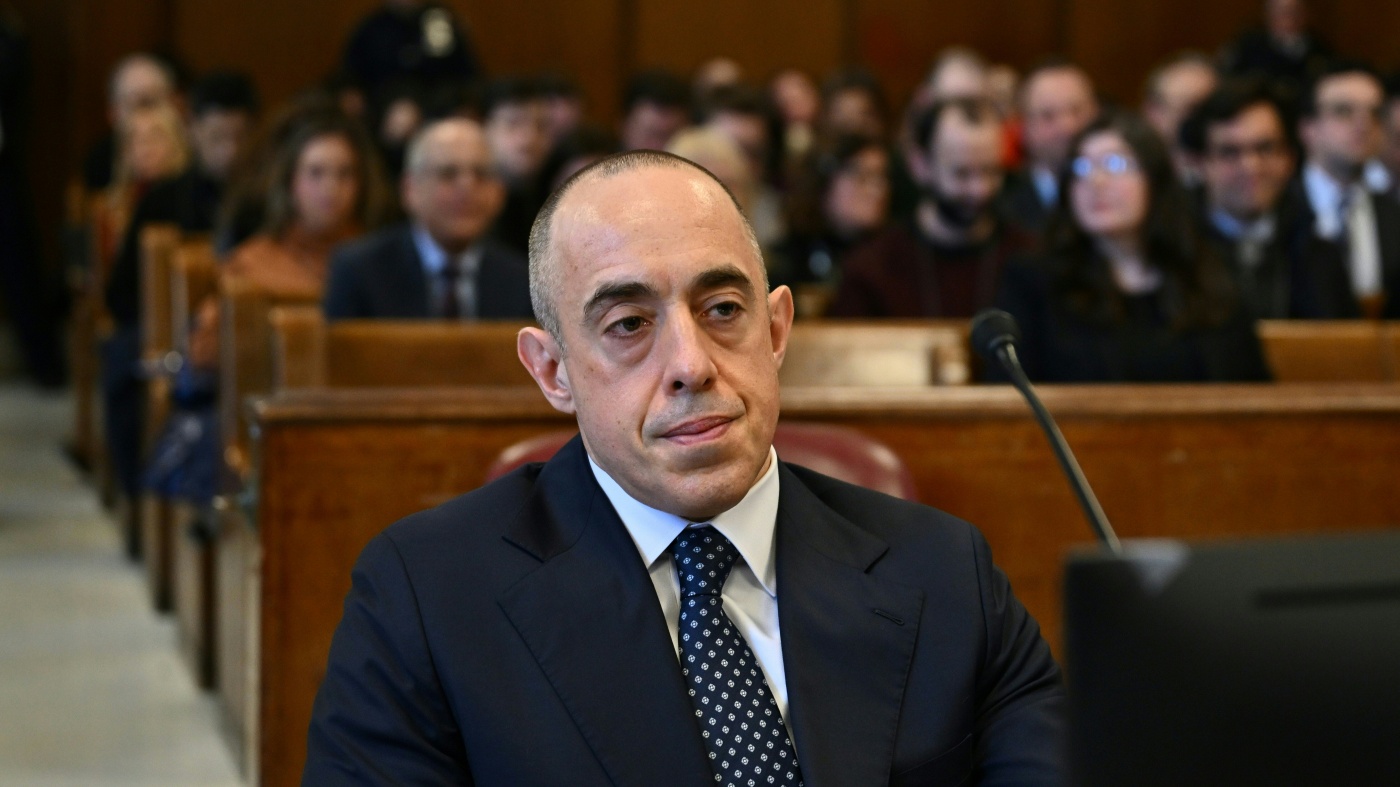FanDuel Imposes 50-Cent Fee on Bets in Response to Illinois Tax

In a bold response to Illinois’ newly enacted budget measures, FanDuel has announced a 50-cent fee on all bets placed by its customers in the state. This decision comes after Illinois introduced a tax structure that imposes a 25-cent fee on each of the first 20 million bets and a 50-cent fee on every subsequent bet. FanDuel’s parent company, Flutter Entertainment, revealed this policy change on Tuesday, stating it will take effect on September 1, 2025.
The announcement from Flutter Entertainment highlights the financial pressures the new Illinois Transaction Fee places on sportsbook operators. The company emphasized that the fee reflects the increased cost of doing business in Illinois and pledged to revoke the charge if the state rescinds the tax. Flutter CEO Peter Jackson expressed concern over the impact of the tax, stating, “There is an optimal level for gaming tax rates that enables operators to provide the best experience for customers, maximize market growth and maximize revenue for states over time.”
Industry Reactions and Concerns
The introduction of the Illinois Transaction Fee has stirred significant debate within the sports betting industry. Jackson warned that the fee might push Illinois-based bettors towards unregulated operators who do not contribute tax revenue to the state and lack the customer protections offered by regulated platforms. “We also believe the introduction of the Illinois Transaction Fee will likely motivate some Illinois-based customers to bet with unregulated operators,” he added.
The reaction from the industry has been swift. The Ringer, a media outlet sponsored by FanDuel, and Barstool Sports’ Dan “Big Cat” Katz, who is affiliated with DraftKings, both publicly opposed the fee. Katz took to social media to rally against the tax, urging followers to voice their discontent.
Implications for the Sports Betting Market
The decision by FanDuel to pass the cost onto customers could set a precedent for other sportsbooks operating in Illinois. As one of the leading players in the online betting market, FanDuel’s move is likely to influence competitors, potentially leading to a broader industry shift. This development raises questions about the sustainability of the Illinois sports betting market under the new tax regime.
Experts suggest that the tax could deter investment and growth in the state’s regulated betting market. The potential migration of customers to unregulated platforms poses a risk to state tax revenues and consumer safety. The situation underscores the delicate balance states must strike between generating revenue and fostering a healthy, competitive market.
Historical Context and Future Outlook
Illinois’ approach to taxing sports betting is not without precedent. Other states have experimented with various tax structures, each with differing impacts on market dynamics. For instance, Pennsylvania’s high tax rates have been criticized for stifling market growth, while New Jersey’s more moderate approach has been lauded for fostering a thriving betting environment.
Looking ahead, the response from Illinois’ lawmakers and the betting public will be crucial. Should public backlash intensify, there may be pressure on the state to reconsider its tax strategy. FanDuel has already indicated its willingness to drop the fee if the tax is repealed, signaling a potential pathway to resolution.
As the situation unfolds, stakeholders in the sports betting industry will be closely monitoring developments. The outcome in Illinois could influence tax policy decisions in other states, shaping the future landscape of sports betting in the United States.






